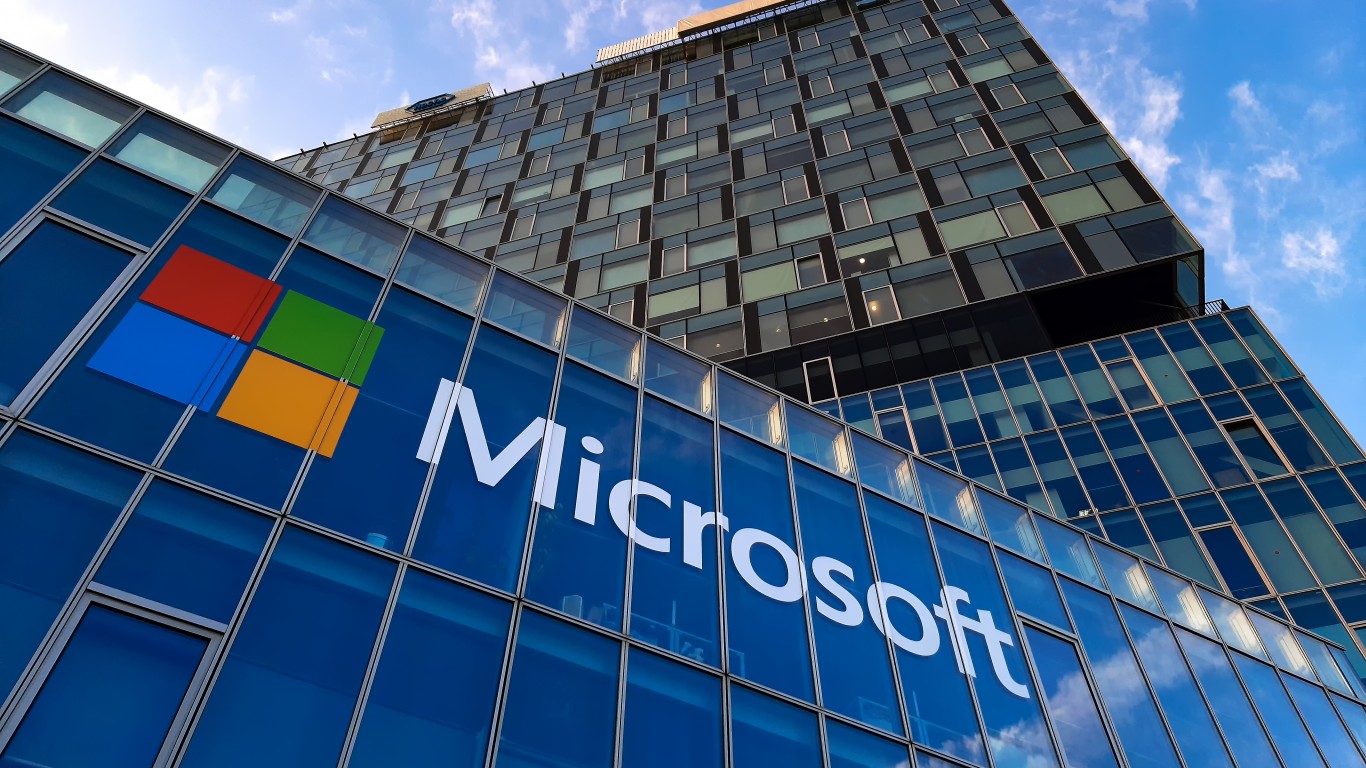
In an announcement from Thursday, the Federal Trade Commission stated it would seek to block Microsoft’s $69 billion acquisition of Activision-Blizzard. According to FTC, one of the main reasons for the decision is Microsoft’s monopolistic tendencies, exemplified by their purchase of Zenimax Media.
FTC Moves to Block Microsoft Largest Acquisition
In late November, it was reported that the Federal Trade Commission is considering an action to block Microsoft’s acquisition of Activision-Blizzard. Microsoft initially announced its plans to buy the video game giant in January 2022 at $95 per share—almost $69 billion in total. This acquisition would be the biggest ever for Bill Gates’ company, and the biggest ever in the video game industry. It was originally expected to close in 2023.
On December 8th, the FTC announced that it would seek to prevent the acquisition. According to the Commission, taking over Activision would allow Microsoft to turn many of the latter company’s popular franchises into PC and Xbox exclusives thus seriously harming its competitors and consumers. Activision is the publisher of the famous Call of Duty series, while Blizzard is best known as the creator of the world’s most successful MMORPG World of Warcraft, as well as the action RPG series Diablo.
If Microsoft made such a decision, it would be in stark contrast to Activision-Blizzard’s current policy. So far, the video game giant is one of the relatively few companies to release its products on a variety of platforms—including Macintosh computers. This is one of the main reasons the FTC is stepping in:
Activision is one of only a very small number of top video game developers in the world that create and publish high-quality video games for multiple devices, including video game consoles, PCs, and mobile devices. It produces some of the most iconic and popular video game titles, including Call of Duty, World of Warcraft, Diablo, and Overwatch, and has a combined 154 million monthly active users around the world, according to the FTC’s complaint. Activision currently has a strategy of offering its games on many devices regardless of producer.
Why is FTC Trying to Stop the Acquisition of Activision?
The FTC is also justifying its decision by citing Microsoft’s purchase of Zenimax Media. Much like Activision-Blizzard, Zenimax is the owner of multiple popular IPs with the most notable being The Elder Scrolls and Fallout. After the said acquisition was complete, Microsoft announced that Bethesda’s highly-anticipated future releases like Starfield and Redfall—most likely the name of The Elder Scrolls VI—would be Windows exclusives.
Microsoft has already shown that it can and will withhold content from its gaming rivals. Today we seek to stop Microsoft from gaining control over a leading independent game studio and using it to harm competition in multiple dynamic and fast-growing gaming markets.
Holly Vedova, Director of the FTC’s Bureau of Competition
Microsoft has a vested interest in securing large video game IPs as it is the owner of the popular home console Xbox. The console achieved much of its immense popularity due to the success of its exclusive series—like Halo and Gears of War. Furthermore, Microsoft recently took part in a $46 million funding raised by Wemade, a South Korean Web3 developer that is also behind the beleaguered token Wemix.
This article originally appeared on The Tokenist
Sponsored: Tips for Investing
A financial advisor can help you understand the advantages and disadvantages of investment properties. Finding a qualified financial advisor doesn’t have to be hard. SmartAsset’s free tool matches you with up to three financial advisors who serve your area, and you can interview your advisor matches at no cost to decide which one is right for you. If you’re ready to find an advisor who can help you achieve your financial goals, get started now.
Investing in real estate can diversify your portfolio. But expanding your horizons may add additional costs. If you’re an investor looking to minimize expenses, consider checking out online brokerages. They often offer low investment fees, helping you maximize your profit.




